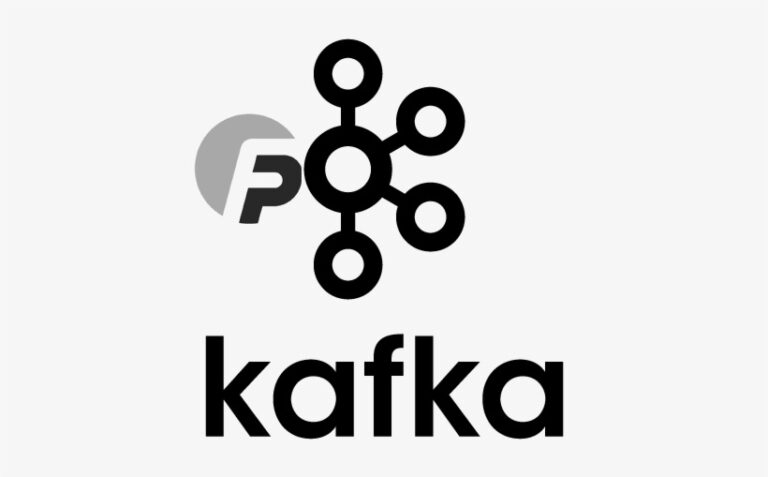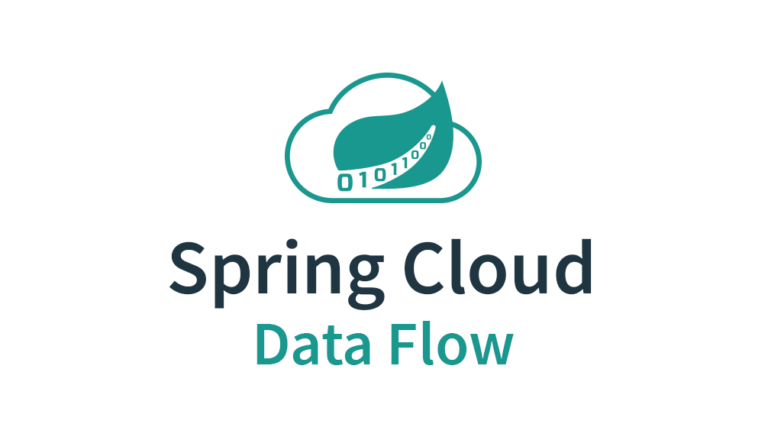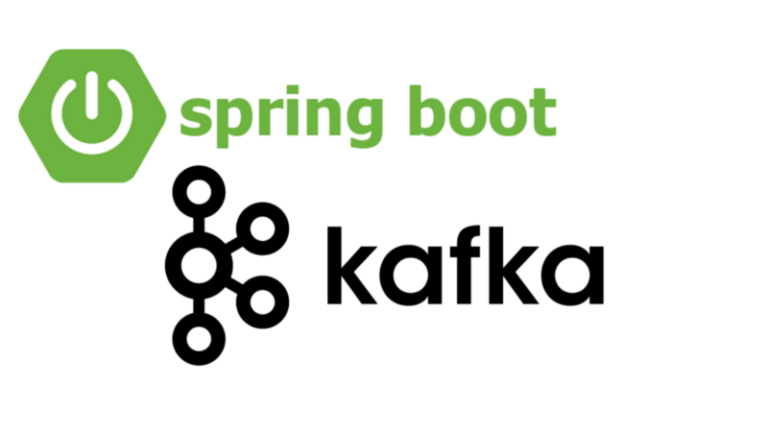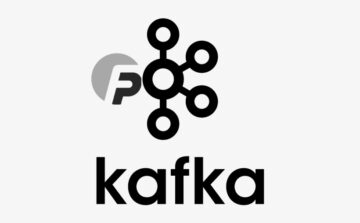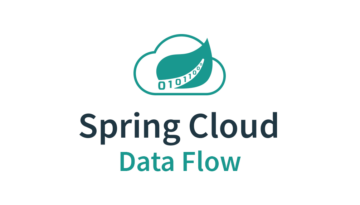In the realm of data streaming and messaging systems, Apache Kafka has emerged as a prominent player, offering unique features and capabilities. While there are other messaging systems available, it is essential to understand the distinctive qualities that set Kafka apart. In this article, we will explore how Apache Kafka differentiates itself from other messaging systems, highlighting its key advantages and use cases.
Scalability and Distributed Architecture:
One of the primary differentiating factors of Apache Kafka is its scalability and distributed architecture. Unlike traditional messaging systems, Kafka is designed to handle high volumes of data and support horizontal scalability. Kafka achieves this by utilizing a distributed broker cluster, enabling data partitioning and parallel processing across multiple nodes. This architecture allows Kafka to scale seamlessly and handle massive data streams with ease.
Persistence and Fault Tolerance:
Apache Kafka provides built-in persistence and fault tolerance, which distinguishes it from many messaging systems. Kafka retains data even after it has been consumed, making it possible to replay or process historical data. By replicating data across multiple brokers, Kafka ensures fault tolerance and high availability, safeguarding against data loss and maintaining system resilience.
Real-Time Stream Processing:
Unlike many messaging systems that focus solely on message delivery, Kafka offers powerful stream processing capabilities. With the Kafka Streams API, developers can build real-time stream processing applications directly within the Kafka ecosystem. This integration eliminates the need for external processing frameworks, reducing complexity and enabling seamless, end-to-end real-time data processing.
Exactly-Once Semantics:
Apache Kafka supports exactly-once semantics, a critical feature that sets it apart from many other messaging systems. With exactly-once semantics, Kafka guarantees that messages are processed and delivered exactly once, without duplication or loss. This capability is essential for applications that require strong data consistency and accuracy, such as financial systems or mission-critical data pipelines.
Code Sample:
import org.apache.kafka.clients.producer.*;
import org.apache.kafka.common.serialization.StringSerializer;
import java.util.Properties;
public class KafkaProducerExample {
public static void main(String[] args) {
Properties properties = new Properties();
properties.put(ProducerConfig.BOOTSTRAP_SERVERS_CONFIG, "localhost:9092");
properties.put(ProducerConfig.KEY_SERIALIZER_CLASS_CONFIG, StringSerializer.class.getName());
properties.put(ProducerConfig.VALUE_SERIALIZER_CLASS_CONFIG, StringSerializer.class.getName());
Producer<String, String> producer = new KafkaProducer<>(properties);
String topic = "my_topic";
String message = "Hello, Kafka!";
ProducerRecord<String, String> record = new ProducerRecord<>(topic, message);
producer.send(record, new Callback() {
@Override
public void onCompletion(RecordMetadata metadata, Exception exception) {
if (exception != null) {
System.err.println("Error producing message: " + exception.getMessage());
} else {
System.out.println("Message sent successfully! Offset: " + metadata.offset());
}
}
});
producer.close();
}
}This code sample demonstrates a basic Kafka producer using the Kafka Java API. It showcases the configuration and sending of a message to a Kafka topic.
Reference Link: Apache Kafka Documentation – https://kafka.apache.org/documentation/
Helpful Video: “Apache Kafka vs. Traditional Messaging Systems” by Confluent – https://www.youtube.com/watch?v=4kYLcsXl5VY
Conclusion:
Apache Kafka stands out among other messaging systems due to its scalability, fault tolerance, real-time stream processing capabilities, and support for exactly-once semantics. Its distributed architecture and horizontal scalability enable handling large volumes of data with ease. The built-in persistence, fault tolerance, and replayability of Kafka provide reliability and durability for critical data pipelines. The seamless integration
of stream processing within the Kafka ecosystem eliminates the need for external frameworks and simplifies the development of real-time applications.
Understanding the differentiation of Apache Kafka from other messaging systems is crucial for making informed decisions when designing data architectures and selecting the appropriate technology stack. Kafka’s unique features and capabilities position it as a leading choice for building scalable, fault-tolerant, and real-time data streaming solutions in various industries and use cases.



